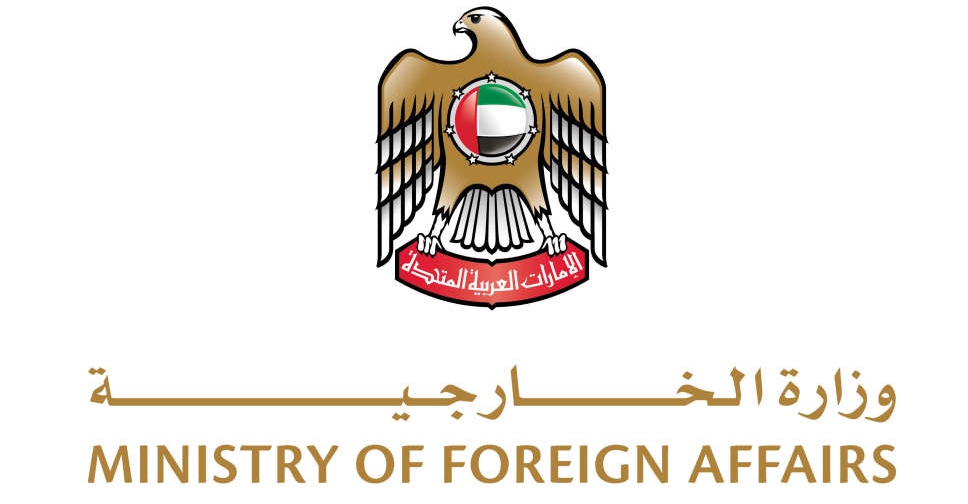
The Gulf Cooperation Council (GCC) countries saw a slight decline in overall national income in 2023, but their non-oil economies continued to grow steadily, according to new data from the Statistical Centre for the Cooperation Council for the Arab Countries of the Gulf (GCC-Stat).
The region’s Gross National Income (GNI) which reflects the total income earned by citizens and companies at home and abroad - stood at $2.143 trillion in 2023. That marks a 2.7 per cent drop compared to $2.202 trillion in 2022.
The disposable national income, which reflects the amount available for spending or saving after taxes and transfers, also fell by 3 per cent to $1.989 trillion, down from $2.051 trillion in the previous year.
Despite the dip in national income, the non-oil sector emerged as a stronger player in the region’s economy. It added $1.513 trillion in value at current prices, while the oil sector contributed $603.5 billion.
As a result, the non-oil sector’s share of the GCC’s Gross Domestic Product (GDP) increased to 71.5 per cent in 2023, up from 65 per cent in 2022. This growth was supported by a 6.4 per cent annual expansion in non-oil economic activities. Financial and insurance activities grew the fastest, with an 11.7 per cent rise.
Transport and storage followed closely at 11.6 per cent. Real estate, public administration, trade, and education all recorded solid growth between 5.5 per cent and 8.1 per cent. Mining and quarrying, traditionally the largest contributor to the economy over the last five years (averaging 28.3 per cent of GDP), declined sharply by 18.8 per cent. Manufacturing, the largest non-oil sub-sector (11.7 per cent average share), dipped slightly by 0.7 per cent.
GCC countries saw a decline in exports, with the total value of goods and services exported falling to $1.259 trillion, a 7.1 per cent decrease, representing 59.5 per cent of the region’s GDP at current prices.
Final consumption expenditure rose 7.5 per cent to $1.245 trillion.
Total capital formation, which includes investment in infrastructure and assets, grew 5.5 per cent to $601.8 billion.
While falling oil revenues weighed on overall income levels, the continued expansion of the non-oil sector signals progress toward economic diversification across the GCC. Growth in services, finance, and trade indicate a shift away from traditional energy dependence, even as key oil-related industries showed signs of contraction.

 UAE, DR Congo sign CEPA to strengthen economic partnership
UAE, DR Congo sign CEPA to strengthen economic partnership
 'World's Coolest Winter' boosts UAE tourism, hotel revenues hit AED 12.5 billion
'World's Coolest Winter' boosts UAE tourism, hotel revenues hit AED 12.5 billion
 UAE and Sierra Leone sign major trade pact
UAE and Sierra Leone sign major trade pact
 IMF chief praises UAE's model of economic diversification
IMF chief praises UAE's model of economic diversification
 India budget seeks manufacturing pivot, but falls short of expectations
India budget seeks manufacturing pivot, but falls short of expectations




